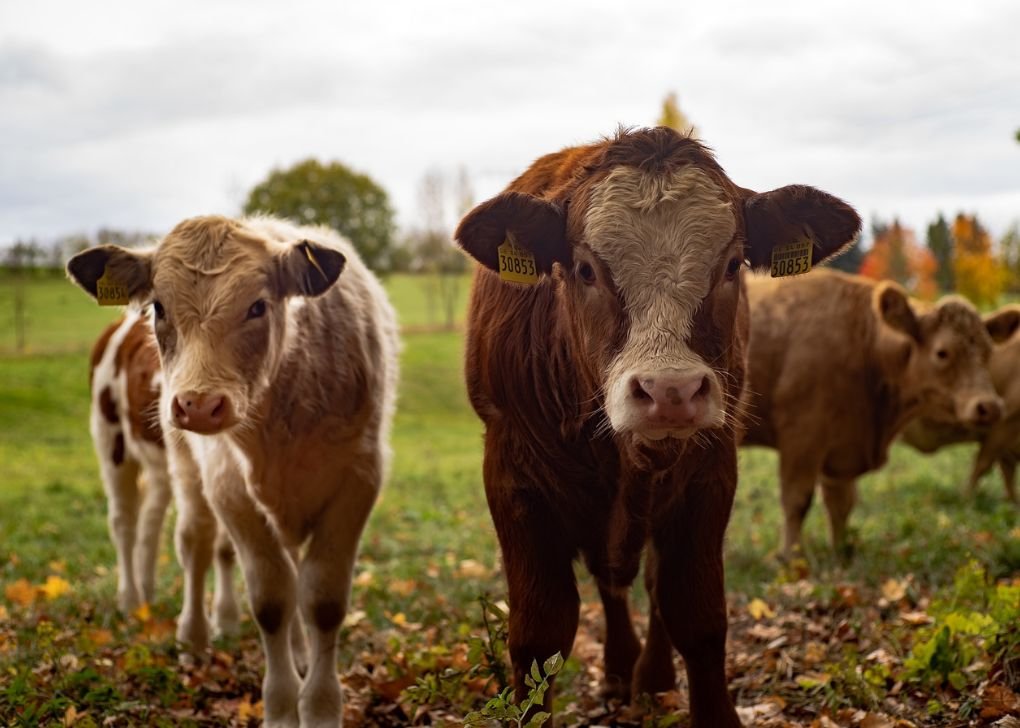Zoophilia, also known as bestiality, is a term used to describe a sexual attraction or desire towards animals. This practice has been a taboo topic throughout history and is generally considered illegal in most countries. Despite its illegality and social taboo, zoophilia remains a prevalent issue in some parts of the world. This blog will discuss what Zoofilia is, the factors contributing to it, the legal implications, and the potential harm caused to both animals and humans.
Understanding Zoofilia
Zoofilia is defined as a sexual attraction or desire toward animals. This attraction can manifest in different ways, such as sexual fantasies, watching animals mate, or engaging in sexual acts with animals. Zoophiles claim that they have deep emotional connections with animals and feel more comfortable and understood in their company than with humans. Some even argue that their love for animals is more profound than that of human relationships.
Despite the common belief that zoophilia is a rare occurrence, research indicates that it is more common than people think. According to a study published in the Journal of Sex Research, approximately 8% of men and 3.6% of women report having engaged in zoophilia at some point in their lives. Additionally, the internet has made it easier for individuals to explore and express their zoophilic desires, leading to an increase in the practice’s visibility.
Factors Contributing to Zoophilia
There is no single factor that can explain the development of zoophilia. However, several theories suggest that a combination of genetic, environmental, and psychological factors can contribute to the development of this disorder. Some studies suggest that childhood trauma, such as sexual abuse, neglect, or exposure to animal sexual behavior, can increase the likelihood of developing Zoofilia tendencies.
Another theory suggests that a genetic predisposition may be responsible for the development of zoophilia. Studies have shown that there may be a link between zoophilia and other paraphilias, such as exhibitionism and voyeurism. These conditions are known to have a genetic component, which suggests that zoophilia may have a genetic basis as well.
Legal Implications of Zoofilia
Zoophilia is illegal in most countries around the world. In the United States, for example, zoophilia is considered a felony offense in 45 states and a misdemeanor in the remaining five. The severity of the punishment for engaging in zoophilia varies from state to state, but it can include fines, imprisonment, and mandatory sex offender registration.
The legal implications of zoophilia extend beyond the individual who engages in the practice. Animals used in zoophilic acts are often subjected to physical harm and emotional distress. In some cases, animals are killed during sexual acts, leading to animal cruelty charges for the perpetrator. Additionally, the risk of transmitting diseases between humans and animals is high in zoophilic acts, which poses a public health risk.
Potential Harm to Humans and Animals
Zoophilia can have harmful effects on both animals and humans. The physical and emotional harm inflicted on animals during sexual acts can lead to long-term consequences, including physical injuries, infections, and behavioral problems. Animals used in zoophilic acts are often kept in confined spaces and subjected to unnatural sexual behavior, leading to chronic stress and anxiety.
Zoophilia can also have harmful effects on humans. Engaging in sexual acts with animals increases the risk of contracting zoonotic diseases, which can be fatal. Moreover, individuals who engage in zoophilic behavior often suffer from mental health problems, including depression, anxiety, and substance abuse disorders. Zoophilia can also lead to social isolation and ostracism, as the practice is considered taboo and unacceptable in most societies.
Conclusion
Zoofilia is a controversial and illegal practice that involves sexual attraction or desire toward animals. While the exact causes of zoophilia are not fully understood, research suggests that a combination of genetic, environmental, and psychological factors may contribute to its development. The legal implications of zoophilia are severe, with many countries classifying it as a felony offense. Additionally, zoophilia can have harmful effects on both animals and humans, including physical harm, emotional distress, and the risk of contracting zoonotic diseases. It is crucial to raise awareness about the harmful effects of zoophilia and work towards creating more effective measures to prevent and address this practice.

